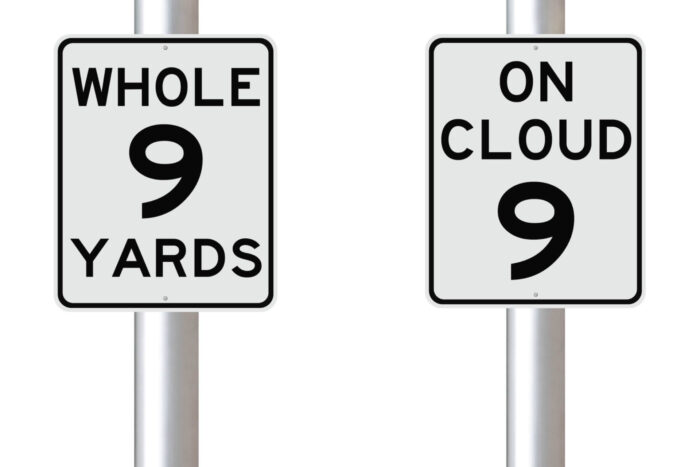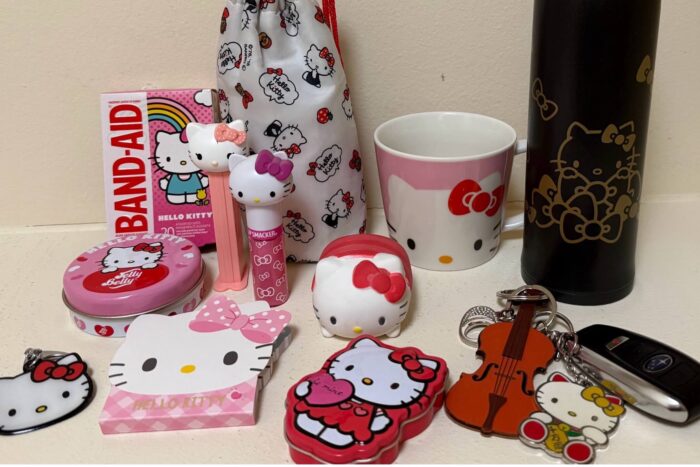
Those knowledgeable about British politics will be horrified to know, as I was on reading this article in Diamond magazine, that Japan’s elite universities have debating societies for training future politicians which sound alarmingly similar to the Oxford and Cambridge Unions.
I was not only horrified, but also surprised, as one of the points I often make my cross cultural communications training is that Japanese people on the whole have very little exposure to presenting their ideas orally, at school or university. Not only are you supposed to stay quiet in class and listen, but there were, as far as I knew, very few opportunities to rehearse standing up and speaking in front of others, such as drama lessons, debating societies or public speaking competitions – which are quite common in Western educational institutions.
I point out that this means a Japanese person having to present in English is facing a double whammy – of not being used to speaking in public even in Japanese, on top of which they now have to do it in English.
The all-pervading influence of Fukuzawa Yukichi
It turns out that, as with so many aspects of modern Japan, the influential philosopher and educator, Fukuzawa Yukichi, had a hand in trying to “Westernize” Japanese ways with regard to oratory. There have been various theories as to why Japanese do not have oratory – such as that the nature of the Japanese language is not suited to a declamatory style of public speaking. Certainly the low usage of “I” and “you” would make Western political speeches hard to translate.
Culturally, there is a “silence is golden” attitude too as shown by proverbs such as “clever talk, limited accomplishment” (shaberi jozu no saiku beta しゃべり上手の 細工下手)and “mouths and purses are best kept shut” (kuchi to saifu wa shimeru ga toku 口と財布はしめるが得).
As this article points out, there was of course public speaking in Japan before the Meiji Restoration, but it did not follow Western democratic standards of logic, persuasion and debate. Fukuzawa was particularly concerned about the orderly conduct of public meetings, which he saw as necessary in a parliamentary democracy, and the importance of group discussions.
To remedy this, Fukuzawa wrote a book “Kaigiben” on how to conduct meetings, in 1874 – including concepts such as agendas and motions. A debating club was started a couple of years later in 1876 at Keio University – the university that was founded by Fukuzawa and is still a production house for some of the most urbane and cosmopolitan Japanese in politics and business.
Debating societies are only for wannabe politicians
Other Japanese universities began to take more interest in oratory with all the upheavals of Japanese society and politics in the late 19th and early 20th century. Waseda, always the most scrappy and slightly lefty of the Japanese private universities, formally instituted its Yubenkai (oratory society) in 1902. Waseda’s Yubenkai has produced 4 prime ministers ( Takeshita, Kaifu, Obuchi and Mori) whereas Keio’s prime ministers (Koizumi, Hashimoto, Inukai ) were not actually members of the debating society.
Tokyo university, the most elite of the lot, also started a debating society in 1889, but the only prime minister who had been a member of it, Ashida, lasted a mere 6 months in post in 1948. Chuo and Meiji universities also have debating clubs which have produced prime ministers.
Debating societies in decline – a good thing?
According to Diamond magazine, these clubs are now in trouble, and membership is declining. The current generation of students who are members of debating clubs don’t want to be politicians, preferring the civil service or media. Those clubs who have kept up membership numbers have allowed members to be members of other university societies and clubs – something that was taboo when I was a student in Japan.
Perhaps this is a good thing, if being practised at public speaking is not so heavily associated with a political career, and seen more as a useful life skill for any workplace – in any culture.
Related articles
10. What a Difference a Vowel Makes 【Column: Leap Before You Look】
Have you noticed when posing for photos, Japanese people often strike the “peace” sign, also known a
9. Bamboozled by Gobblydygook 【Column: Leap Before You Look】
Learning another language is a 終わりのない探求 (never-ending quest). Colorful idioms can often 煙に巻く (
8. You Had Me at Hello【Column: Leap Before You Look】
I admit. I am guilty of surrounding myself with ハローキティ (Hello Kitty). I drink tea out of




